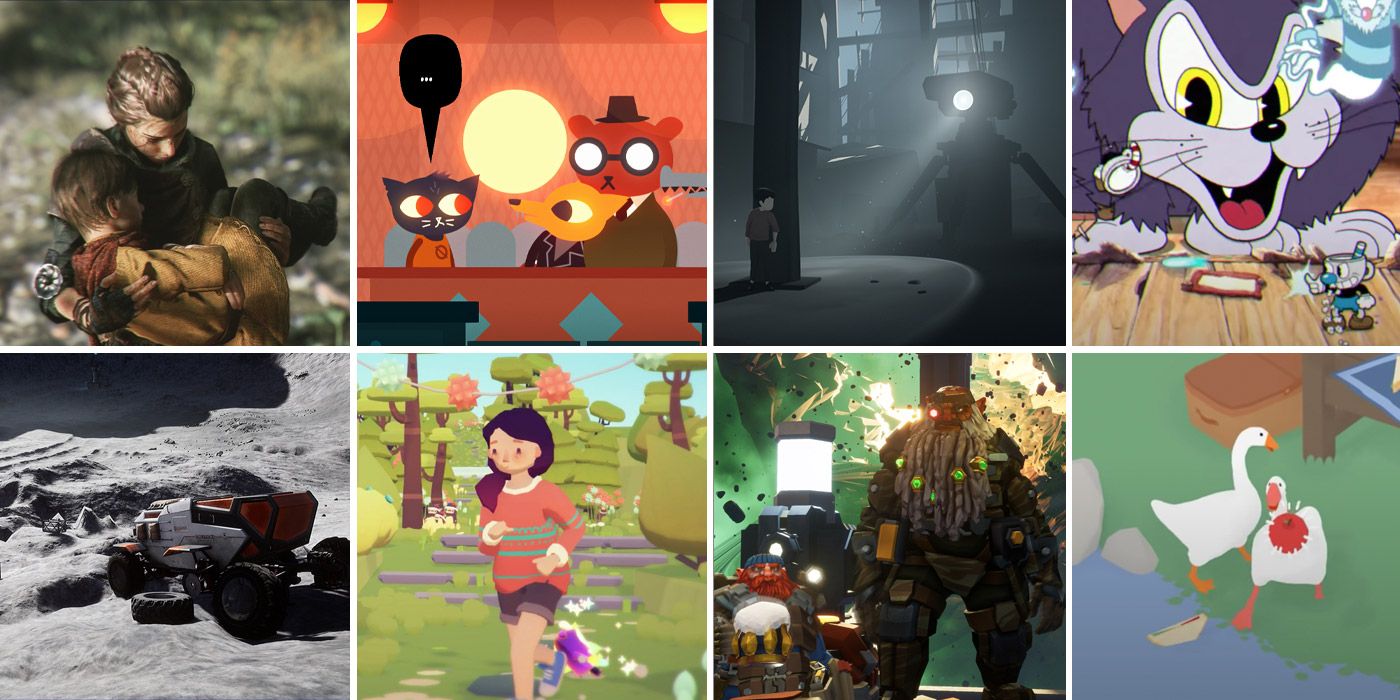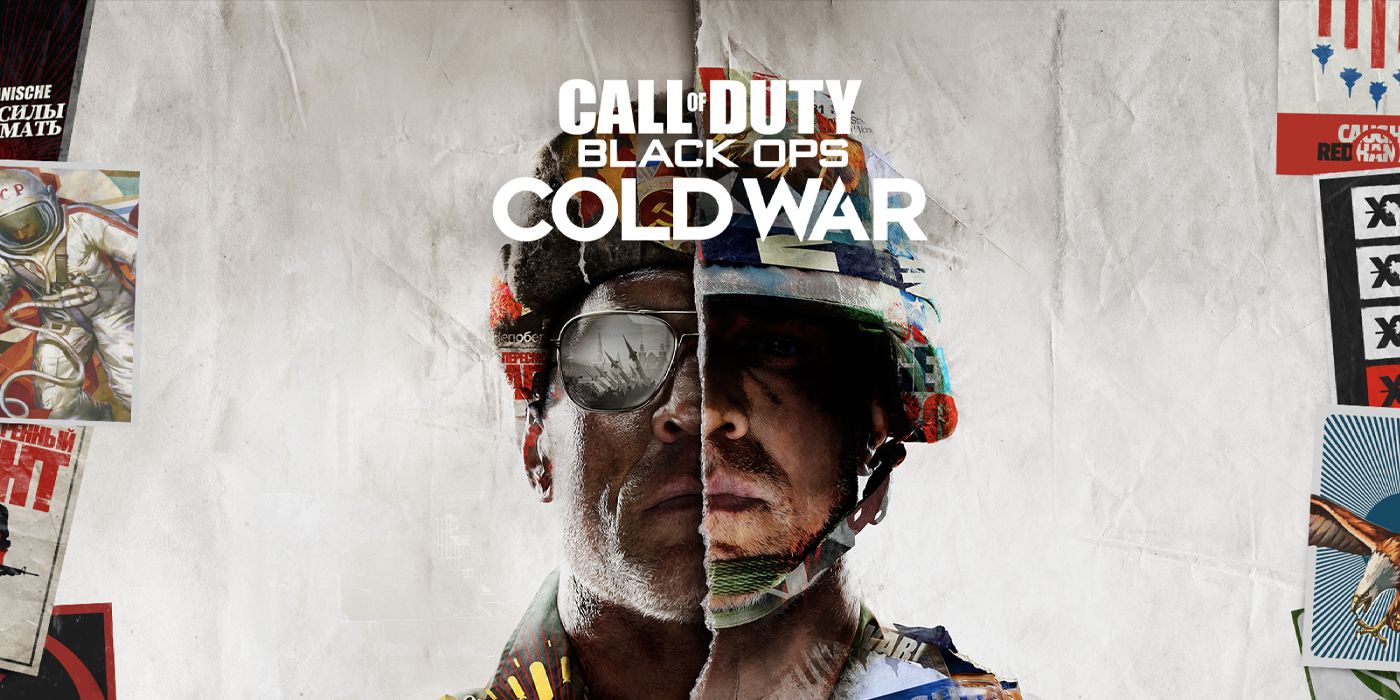There Has Never Been a Better Time to Become an Indie Developer

As technology continues to advance, more and more tools have become accessible to the general public that had previously required considerable expense that has barred off would-be Indie Developers. The same kind of independent renaissance that has led film directors like J.J. Abrams to comment on the availability of filming technology has long started for anyone looking for a pathway to indie development.
With the last few years spawning creative, innovative experiences like Cuphead and Hollow Knight, the market is primed for anyone looking to make their mark with whatever idea AAA publishers are hesitant to pull the trigger on. Resources like Kickstarter to crowdfund any project that resonates with players enough, along with engines that are either free or cheap to access can give gaming fans a huge head start from playing to making their own favorite games.

Something that might not be general knowledge for the gaming public, even if it is publicly available, is that even some of the highest profile engines like Epic Games' Unreal Engine are completely free for personal use. In the case of Unreal, commercial use of the engine doesn't even cost developers until after a game or related project has been released to some level of success. However, while the engine that produces titles like Final Fantasy 7 Remake or Dragon Ball FighterZ might be enticing for newbie developers, resources like the Unity Engine might be a better option for people still looking to get a handle on the basics.
Looking beyond the popular games Unreal Engine produces, there are a number of game engines available for newer developers that might be easier to get started with. Some affordable options that might not have the $0 price tag that is so enticing about Unity and Unreal, include GameMaker Studio 2 and RPG Maker MZ. While the price for access may be higher, or exist at all, the specified utility of some of these engines lend themselves to more specific genres or development styles, specifically for smaller teams or individual developers with minor experience.
Tutorial makers like the one in the video above can be found all over YouTube, usually focusing on tips and tricks for one specific engine at a time, or looking at some of the basics in coding and design for games of specific genres. The above content creator, Let's Learn This Together, focuses mostly on GameMaker Studio 2, a fantastic resource for players looking to make 2D games and RPGs like Undertale, which was made with the same engine. Other creators like Brackeys and UGuruz tend to focus more on 3D adept engines like Unity, which some developers may be more inclined to gravitate towards when looking at more active titles like Hollow Knight or Ori and the Will of the Wisps.
These tutorials give access to knowledge of gaming that had previously been reserved for a four year degree, or an expensive class or SkillShare type subscription to learn. Naturally, one-on-one training or instruction from a credentialed instructor may offer a better experience on a student-by-student basis, but would-be developers are no longer barred by pricy classes and instructors. Having this kind of information out there for players to openly access through in-depth tutorials, has helped put even more tools into the hands of players looking to explore their passion for gaming.

One of the most important aspects of game development is the creation and utilization of a unique art style, like Cuphead's 1930s inspired design, that not only resonates with players, but stands out among the crowd against the competition. However, some engines like Unity, along with certain stock asset sharing websites, have a host of free assets in order for developers to begin tooling around with mechanics and features as they perfect their craft and IP. Generally these should be used for proof-of-concept creations rather than full titles sold for a profit, as the use of these free assets has become a controversial topic that is continually debated among indie fans.
Regardless of how players see these free assets, they can be a huge boon for developers still honing their skills and trying to get a foothold in game development. These aren't the types of assets that will create the most original or highest rated indie titles, and are often the primary source of criticism for engines like Unity and RPG Maker that make a lot of games that look the same. So new developers should be careful about how they utilize them, but on a basis of learning in particular, being able to temporarily skip one of the most expensive aspects of design just makes developing the coding and mechanics all the easier.

In the final step of development, when indie developers are finally ready to put their titles on display for players to purchase and enjoy, the market has been primed for indie games. Larger publishers like EA and Activision, as well as the console specific owners like Sony and Microsoft, have an incentive to create games that reach as large of an audience as possible by jumping onto trends. While engines like Unity and RPG Maker receive complaints about everything becoming "same-y" for using shared assets, yearly AAA titles like the upcoming Call of Duty: Black Ops Cold War take much more criticism for their high price-point on top of minimal innovation.
On the other end of this spectrum are smaller development teams and individual developers who are able to supply players with classic-styled RPGs and fill the Dark Souls gap with indie titles. Any player with a niche gaming interest is more than likely not alone in that passion, and having the ability to create a game that addresses a specific genre in a way that AAA developers don't want to take the risk on means a severe lack of competition. With massive companies pulling away from smaller markets, independent developers will have a head start when it comes to standing out among AAA titles with million dollar budgets and marketing agencies to compete with.
 Reviewed by Unknown
on
September 22, 2020
Rating:
Reviewed by Unknown
on
September 22, 2020
Rating:

Post a Comment